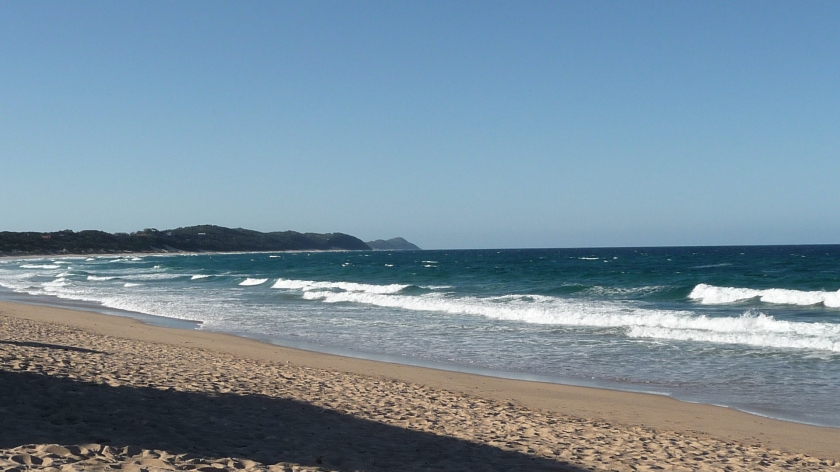
The central belt of Mozambique (and parts of its neighbours, Zimbabwe and Malawi) recently bore the brunt of real-time, present-day climate breakdown. Cyclone Idai was one of the most intense tropical storms ever recorded, followed swiftly by another major storm, incongruously named ‘Kenneth’, which wrought further destruction. In an important intervention, Mozambican climate change activist and stateswoman Graca Machel referred to the Mozambican port city of Beira as the ‘first city to be destroyed by climate change’. The Intergovernmental Panel on Climate Change tells us the world has 12 years to take radical steps to prevent such events becoming the norm. Political ecologists who study disasters have long highlighted the intersecting issues of poverty and vulnerability to environmental change, and voices from the frontline of Idai report how the poorest were the least prepared to deal with its devastation. Grace Machel’s intervention was to explicitly force us all to recognise the injustice of consumption patterns in the global North creating climate breakdown with disproportionate effects on the global South. Beira was the first, but possibly not the last, city to be destroyed by climate change.
Of course, as I have discussed elsewhere (here, and here), Mozambique is itself an exporter of fossil fuels (particularly gas, particularly bound for consumption in European and Asian markets). This is contested within Mozambique, as historically poorer people have not benefitted from these resources and have suffered from relocations and human rights abuses. Civil society and Mozambican activists oppose the extractive mentality of government and private sector elites. This layers local injustice onto the global injustice of climate change.
The response from individual donors via bodies like the Disasters Emergency Committee (DEC) and other humanitarian organisations to Cyclone Idai has been noble, and individual donors in the UK and elsewhere have been swift to respond. The DEC reports £18 million raised, a significant amount which is matched by the UK government. However, this figure is dwarfed by the amount loaned by the International Monetary Fund (IMF) of $118m USD. Loaned, not donated. This adds to Mozambique’s existing debt burden, making it harder for the country to install necessary adaptation measures and inducing greater public austerity. Greater public debt may also fuel opportunists wishing government to use the disaster to pursue more extractive development projects – development at all costs – in the name of national debt reduction. This is not the only way that the rebuild effort in Mozambique could be funded – it could be given in reparation for climate injustice, something increasingly on the agenda. For me, this layers injustice onto injustice, showing how climate and debt justice intersect.
As this is a blog, I’ll refrain from academic reflections and think about what this means on a personal level. I have been inspired by recent actions in the global North (Extinction Rebellion and the Friday school protests) to bring climate breakdown into public debate at the highest level, and to send a shockwave through the staid, tired, technocratic discourses that everything will somehow be OK and we can carry on as usual as long as we find some new technology, tweak our policies, or eschew plastic straws. These protests have reinvigorated climate change as an issue primarily about justice – between classes, between generations, and across geographies.